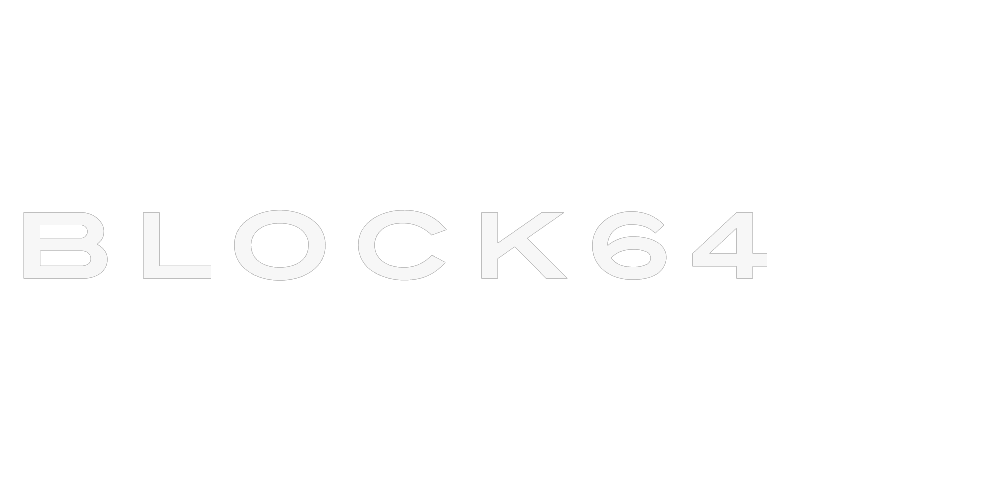It’s no secret that when a software publisher’s year end happens, there are more audits. And due to staggered fiscal year ends, that means it’s always compliance season.
Software audits are big business. Publishing giant Oracle is estimated to make $3 billion yearly from audits, six percent of its total revenue. Everyone gets audited. But there are ways you can be prepared and avoid paying more – protecting your revenue, reputation, and resources.
It’s Always Audit Season
With the challenges and stressors you face today as an IT leader, the status of your software licenses is likely not top of mind. However, license compliance is a critical part of your IT and business success as audits can cost enterprises significant time, money, and resources.
Successful enterprises are increasingly reliant on software for smooth operations. To be in compliance, users of licensed software are required to adhere to the terms and conditions outlined by the copyright holder. Software non-compliance stems from a number of different issues. This can include anything from activating features outside the original contract to non-compliance due to changing product use rights.
We have observed that audits tend to rise for software vendors during their fiscal Q4s. VMWare ends their fiscal year in January, while Adobe has its Q4 in November, for example. Since it’s nearly always Q4 for one of the major publishers, you need to be prepared for audits year-round.
Why is Compliance So Important?
It’s essential that your IT infrastructure is compliant with current licensing requirements to minimize risk of fees, litigation, and impacts to employee productivity. Not only does compliance protect your revenue streams and reputation — it’s a fundamental pillar of your IT Asset Management (ITAM).
Non-compliance can get incredibly expensive. A 2022 study by Unisphere Research found that 64% of recently audited enterprises faced additional charges. More than a third had to pay more than $100,000 while the top end incurred more than $1 million in fees. Additionally, many enterprises incur additional costs by choosing to over-license to prevent audits.
Audits also take a lot of time and resources to handle. Software audits can take up to three months, with more complex situations lasting over a year. These are labor-intensive undertakings, often involving multiple employees, with 40% of audited companies requiring the CIO’s involvement, found the same Unisphere study.
How to Prepare for and Handle Software Audits
Here’s how we recommend that you get and stay ready for audits.
Get Clear on Your Current State
Gaining control of your IT environment is key to setting yourself up for success. Implement a software asset management (SAM) tool as the single source of truth for your organization to stay audit prepared. A SAM platform, such as Block 64, gives you full visibility and control of your software environment, allowing for proper discovery and inventory.
It’s also good to know what red flags may trigger an audit from a vendor, which can include:
- Having a complex or international IT infrastructure
- Significant decreases in spend on a specific application
- Software use or spend that doesn’t match company growth
- Complex profiles or multiple licenses from one vendor
- Frequent mergers and acquisitions
Be Proactive and Take Action
Preparing for audits requires you to be proactive and take action when needed. Define a software licensing policy to guide how software is used in your organization and educate employees on compliance. Make sure to record and track all licenses purchased by the organization, including assigning licenses to specific users.
Regularly audit software to make sure use matches license records. The complexity of your environment will determine how often you should conduct internal SAM reviews. In doing so, identify gaps and remove unneeded licenses.
Stay Friendly – But Be Smart
If you receive an email or call from a software vendor about an audit, don’t panic. But don’t respond before first reaching out to your SAM partner, if you have one.
According to Gartner research, enterprises may receive letters alluding to a mandatory software audit, but their enforceability can be lacking, with businesses unnecessarily complying with undertaking an audit. There have also been inaccuracies seen in data records, with issues such as incorrect deployment and access data seen by Gartner.
Many audits start informally, but communicating directly with the vendor can increase the risk of triggering a full audit and proposed settlement costs.
Leverage Negotiating Power of Partners
ITAM partners have relationships with software publishers which includes negotiation power. Work with partners to ensure that all licenses are compliant and up to date. And use a SAM expert to speak on your behalf when negotiating audit and settlements terms.
Staying Compliant with Block 64
It’s no longer an option to stay in the dark about your ITAM and software compliance. With Block 64, you get clear visibility into your IT environments with a centralized database and automated inventory assessments. Our platform allows you to accurately assess software usage and ensure compliance with license terms.
Contact Block 64 for a free consultation or demonstration to understand how we can effectively manage compliance for you.

